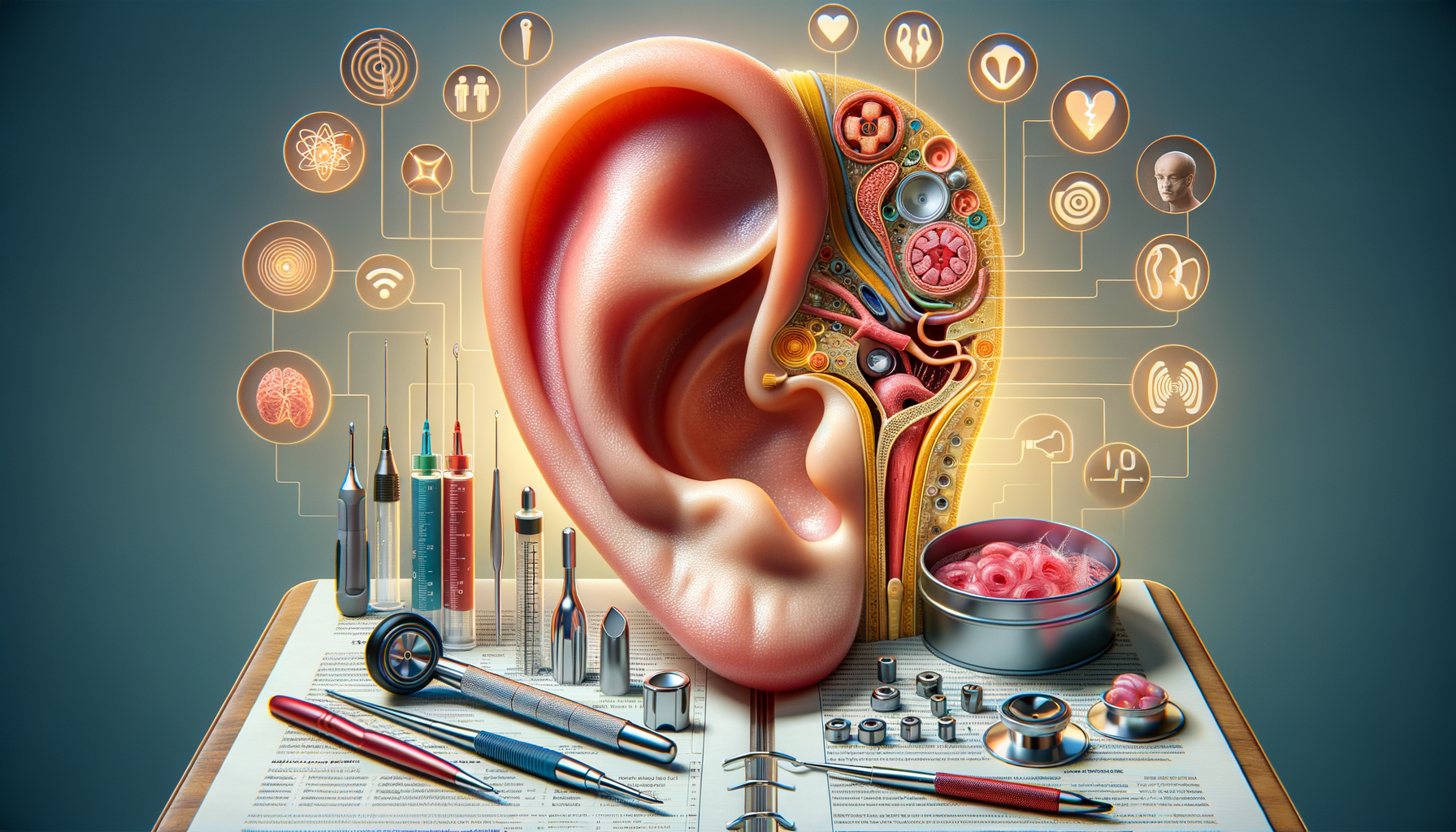
Tinnitus Problem and Treatments
Understanding Tinnitus
Tinnitus is a condition characterized by the perception of noise or ringing in the ears. It is a common problem affecting about 15% to 20% of people, particularly older adults. While it is not a condition itself, it is a symptom of an underlying condition, such as age-related hearing loss, ear injury, or a circulatory system disorder. Tinnitus can be perceived as a ringing, buzzing, hissing, or even roaring sound, and it can vary in pitch and intensity.
There are two main types of tinnitus: subjective and objective. Subjective tinnitus is the most common form, where the noise is audible only to the person affected. Objective tinnitus is rarer and involves noise that can be heard by others, often caused by vascular or muscular issues. Understanding the type and cause of tinnitus is crucial for effective treatment.
Several factors can contribute to the development of tinnitus, including prolonged exposure to loud noises, earwax blockage, changes in the ear bones, and certain medications. The impact of tinnitus on daily life can range from a mild annoyance to a severe disruption, affecting concentration, sleep, and mental health.
Finding a Tinnitus Specialist
Locating a tinnitus specialist near you is an important step in managing the condition. Specialists in this field are typically audiologists or otolaryngologists (ENT doctors) who have experience and training in diagnosing and treating tinnitus. The process of finding a specialist can begin with a referral from your primary care physician, who can recommend a reputable professional based on your specific needs.
When searching for a specialist, consider the following:
- Check credentials and certifications to ensure the specialist is qualified.
- Look for professionals who have experience specifically with tinnitus patients.
- Read reviews and testimonials from other patients to gauge satisfaction and outcomes.
Consulting with a specialist can provide you with a comprehensive evaluation, which may include a hearing test, imaging studies, and a detailed medical history review. This assessment is crucial in determining the cause of your tinnitus and developing an effective treatment plan.
Available Treatments and Therapies
While there is no universal cure for tinnitus, several treatments and therapies can help manage and alleviate the symptoms. The choice of treatment often depends on the underlying cause of tinnitus and the severity of the symptoms.
Common treatment options include:
- Sound therapy: Using external noise to alter the perception of tinnitus. This can include white noise machines, hearing aids, or sound-masking devices.
- Cognitive Behavioral Therapy (CBT): A form of counseling that helps change the way you think about tinnitus, reducing its emotional impact.
- Medications: While there is no specific medication for tinnitus, certain drugs can help reduce symptoms, especially if anxiety or depression are present.
In some cases, treating an underlying condition, such as earwax removal or addressing a blood vessel condition, can alleviate tinnitus. It’s important to work closely with a healthcare provider to explore these options and find the most suitable approach for your situation.
Lifestyle and Home Remedies
In addition to professional treatments, there are several lifestyle changes and home remedies that can help manage tinnitus symptoms. These strategies aim to reduce stress and improve overall ear health, which can have a positive impact on tinnitus.
Some effective lifestyle changes include:
- Reducing exposure to loud noises to prevent further damage to the ears.
- Practicing relaxation techniques such as yoga, meditation, or deep breathing exercises to manage stress levels.
- Maintaining a healthy diet and regular exercise routine to improve circulation and general well-being.
Additionally, avoiding caffeine, nicotine, and alcohol can also help reduce tinnitus symptoms, as these substances can affect blood flow and nerve activity in the ear. It’s important to monitor your symptoms and make adjustments to your lifestyle as needed.
Conclusion: Taking Control of Tinnitus
Tinnitus can be a challenging condition, but with the right approach, it is possible to manage its symptoms effectively. Finding a qualified tinnitus specialist near you is the first step in understanding and addressing the underlying causes of your condition. By exploring various treatment options, therapies, and lifestyle changes, you can take control of your tinnitus and improve your quality of life.
Remember, each individual’s experience with tinnitus is unique, and what works for one person may not work for another. It is essential to remain patient and persistent in finding the right combination of treatments that work for you. With the guidance of healthcare professionals and a proactive approach, you can reduce the impact of tinnitus on your daily life.

